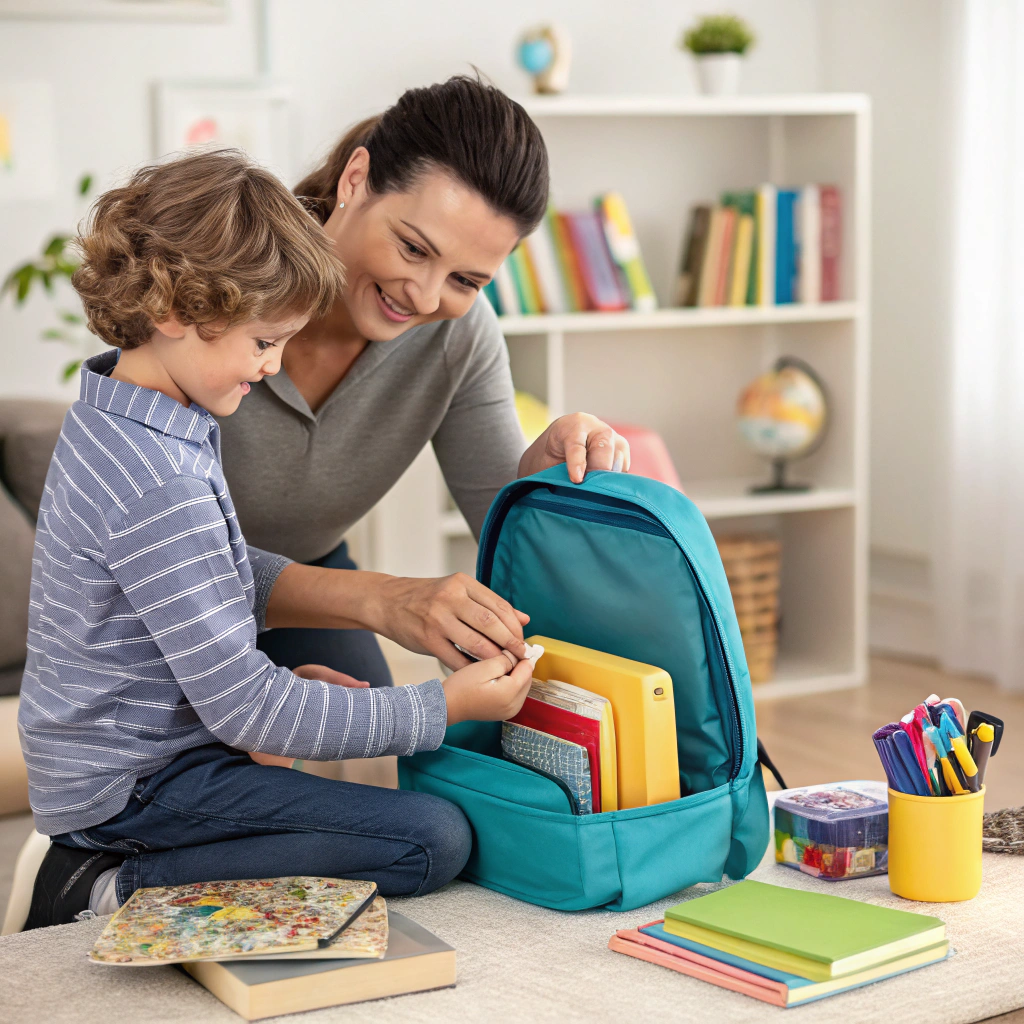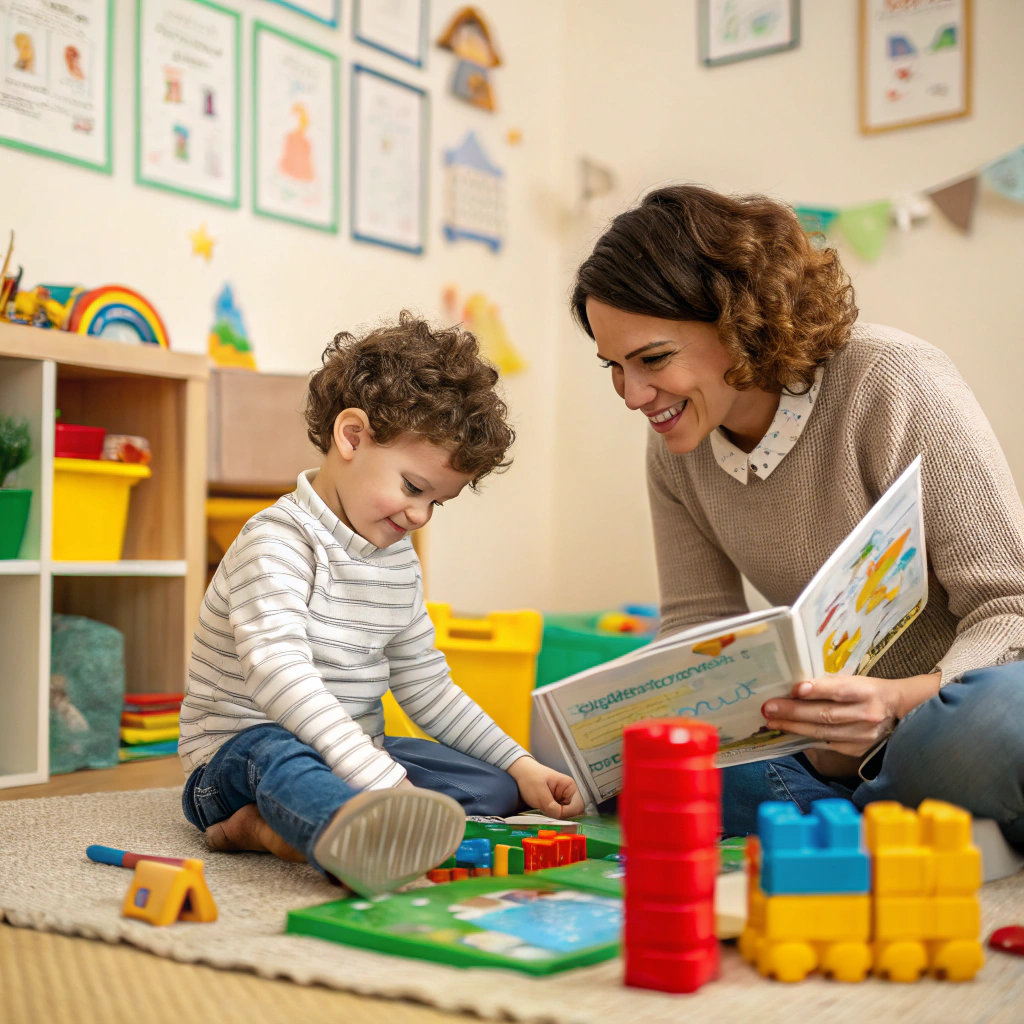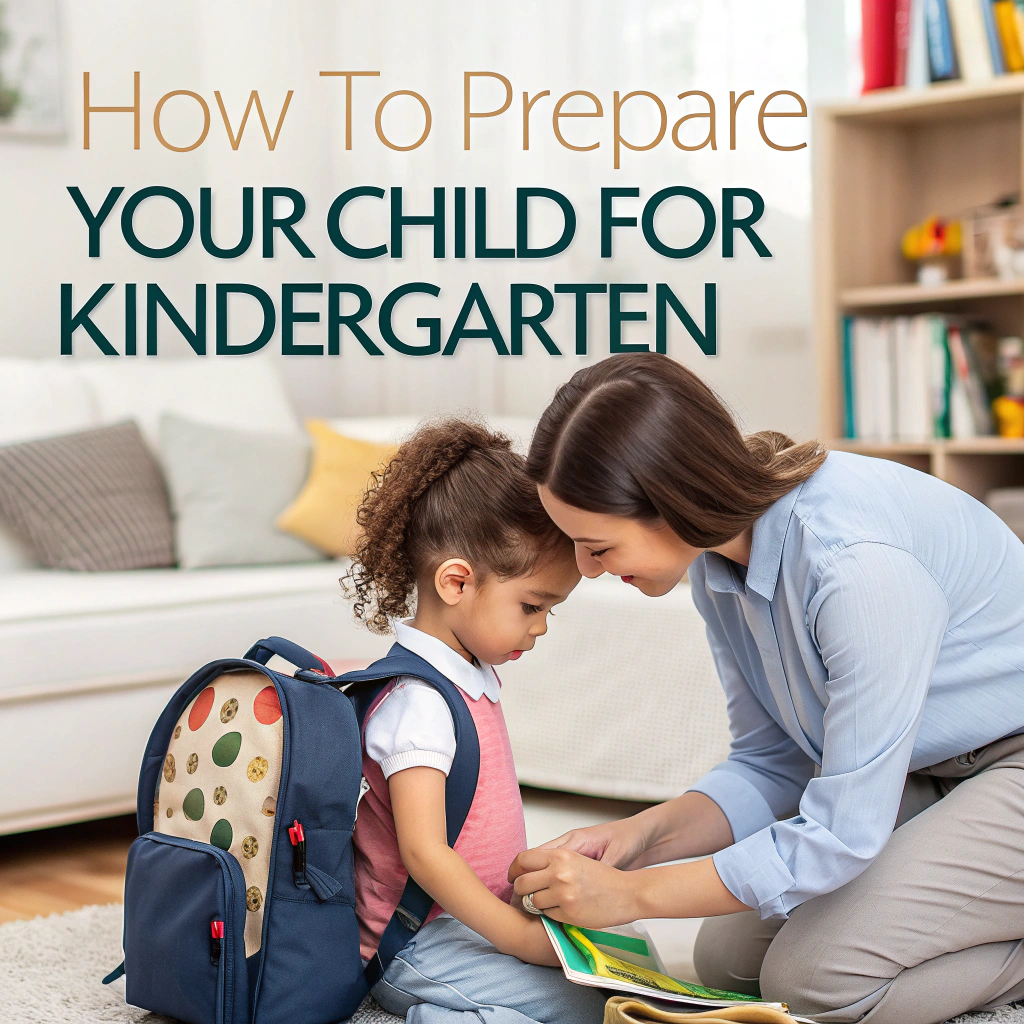Starting kindergarten is a big milestone for both children and parents. Preparing your child for kindergarten helps ensure a smoother transition, building their confidence and setting the foundation for success. This new chapter, filled with learning, growth, and exciting experiences, can feel overwhelming at first. In this guide, we’ll share practical tips to help you prepare your child for kindergarten and ensure they adapt and thrive in their new environment.
1. Build Emotional Readiness
Talk About Kindergarten in a Positive Way
Begin by talking to your child about what they can expect in kindergarten. Highlight the fun aspects, such as meeting new friends, playing games, and exploring exciting activities. Share your own school experiences to create a sense of familiarity.
Practice Short Separations
If your child is not used to being apart from you, gradually practice short separations. You can start by leaving them with a trusted family member or friend and slowly increase the duration. This helps them build confidence and understand that you’ll always return.
Address Their Concerns
Encourage your child to share their feelings about starting school. Answer their questions and reassure them that it’s okay to feel nervous. Use storybooks about starting school to help normalize their emotions.
2. Develop Essential Skills to Prepare Your Child for Kindergarten

Teach Basic Self-Care
Independence is key in kindergarten. Teach your child how to dress themselves, use the restroom independently, and wash their hands. Practice opening lunchboxes and water bottles so they can handle snack time on their own.
Focus on Social Skills
Encourage activities that promote sharing, taking turns, and working together. Playdates or group activities can help your child learn to interact positively with peers, which is crucial for a classroom environment.
Practice Communication
Help your child express their needs by practicing how to ask for help or share their thoughts. For example, role-play scenarios like asking a teacher for assistance or resolving a disagreement with a friend.
3. Establish a Consistent Routine
Adjust Sleep and Wake Times
A consistent schedule is vital for school readiness. Start adjusting your child’s bedtime and wake-up time a few weeks before kindergarten begins. This will help them adapt to the school routine without feeling tired or overwhelmed.
Practice Morning Routines
Rehearse the steps your child will take each morning, such as getting dressed, brushing their teeth, and packing their bag. This creates a sense of predictability and reduces morning stress.
Introduce Quiet Time
Set aside time each day for quiet activities like puzzles, reading, or coloring. This helps your child build focus and prepares them for structured classroom activities.
4. Foster a Love for Learning to Prepare Your Child for Kindergarten

Incorporate Fun Educational Activities
Turn learning into a fun experience by playing games that involve counting, sorting, or recognizing shapes and colors. Read together daily and encourage your child to ask questions about the stories.
Introduce Basic Academic Skills
Work on recognizing letters, numbers, and their own name. Encourage your child to practice writing their name or drawing simple shapes to build confidence in their skills.
Visit the School Together
If possible, visit the school with your child before the first day. Explore the classroom, playground, and other areas they’ll use. Meeting the teacher or other staff can also help ease first-day jitters.
Final Thoughts
Preparing your child for kindergarten is about more than just academics. By focusing on emotional readiness, independence, and routines, you can help them feel confident and excited about starting this new chapter. Remember, every child is unique and will adapt at their own pace. With patience, encouragement, and a positive attitude, you can make this transition a joyful and memorable experience for both you and your child.

